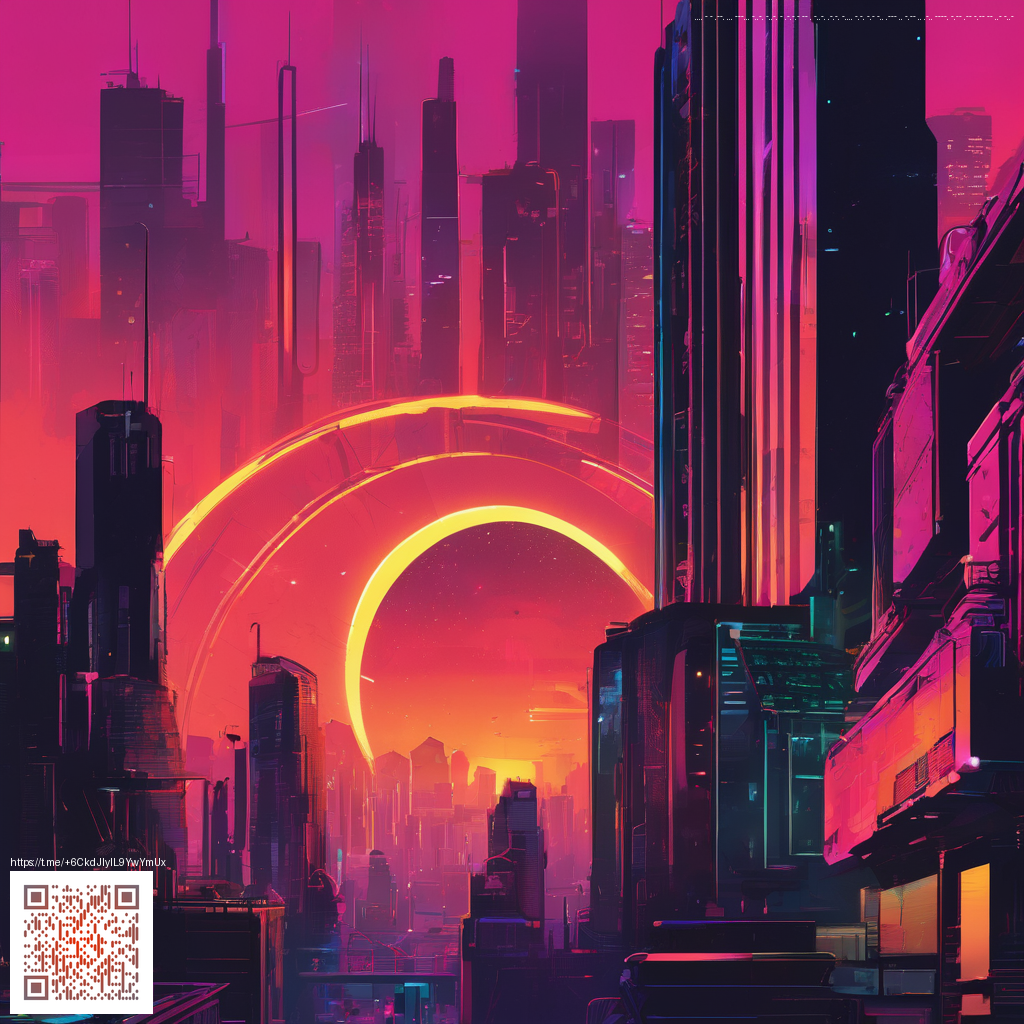
The Night the School Locked Itself
The last bell trembled in the air and then fell silent, as if the building itself were listening. Mira stayed behind, not out of habit but out of a stubborn need to finish a chapter for a history project. The rain drummed on the windows, turning the glass into a cold conduit for old memories. Desks gleamed with a stubborn sheen, and the fluorescent lights hummed like a hive of dull bees. The school was supposed to be empty, and yet it felt full of questions only the night could ask.
It began with a subtle shift—just enough to notice but not enough to name. The doors along the corridor to the gym swung shut with a sigh, then clicked locked. The security monitors blinked in a pattern that looked almost deliberate, as though someone were tracing letters in the dark. Mira pressed the handle, heard the hollow certainty of metal resisting itself, and realized that the building had other plans for the night. The hallways, once friendly with echoes, grew crowded with shadows that moved with their own intention, pausing where no one stood.
The building doesn’t trap us, she whispered to herself, it protects us from what we refuse to remember.
She tried the stairwells, then the stairwells again, as if the minutes could be gnawed away by stubborn persistence. The clock on the wall slowed, the second hand crawling like a beetle under glass. The lights buzzed, some flickering out only to return with a stubborn glow that suggested resistance against the night itself. A cold draft rattled the janitor’s cart, and the scent of old chalk and rain pooled in the air, thick enough to choke on if you breathed too deeply.
- The PA system repeats a single, soft phrase: “We remember.”
- A locker opens by itself, not with a shove but a sigh of hinges that seem almost relieved to be heard.
- A chalkboard in a forgotten classroom writes backward, as if the room itself were learning to tell Mira its secrets.
- Portraits along the stairwell blink, then return to their painted stares as if catching their breath after a long story.
In the library, Mira found the yearbook that should have been sealed beneath a dust blanket. A single page lay exposed, a photo of a night class shadowed by the edges of time. A note had been tucked into the margin: a name she barely recognized from an old newspaper clipping, the principal who vanished the year the school auditorium burned. The ink bled oddly, as if the page absorbed the memory of whatever happened that night in the building’s past.
“If you’re still listening,” she murmured to the ink-stained page, “tell me what you want me to remember.” The lights trembled, and the air tightened around her like a held breath. The floor beneath shifted, guiding her toward a narrow service corridor that she had passed a hundred times without noticing the door at its end—a door that hadn’t existed before tonight. Beyond it lay a stair she shouldn’t descend and a room the building refused to name. She stepped forward, not in bravery but out of a need to understand, and the doors behind her sighed once more and finally released their lock.
Dawn came with pale light and a quiet sigh of the building settling back into sleep. Mira walked out into the still-cold air, carrying with her a story that felt heavier than her backpack. The school stood as it always did, innocent and innocent-looking, but she knew now that some places keep accounts with the night—and some accounts don’t balance until the morning light returns.